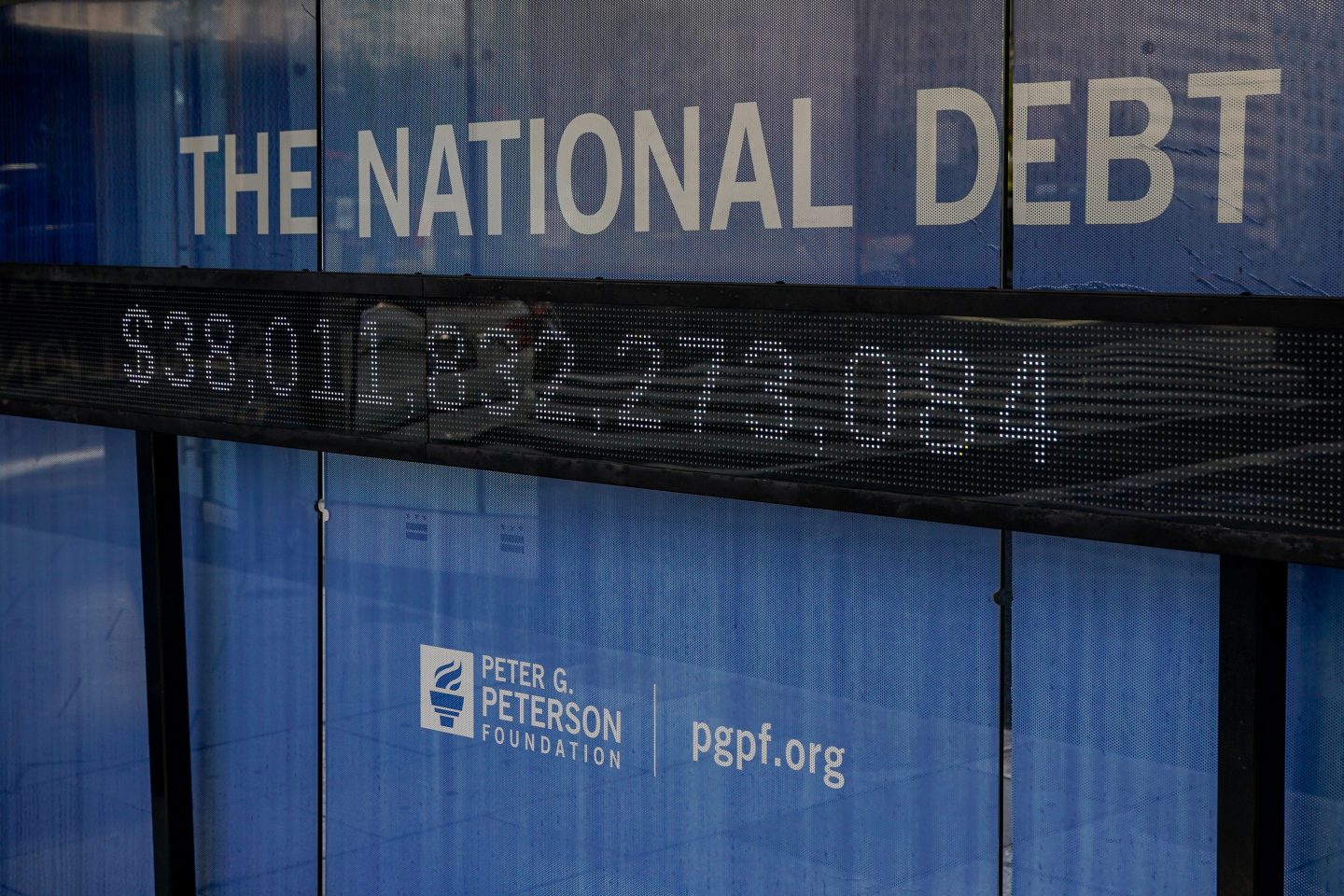An analyst examines the impact on iPhone shipments and on Apple’s share price

In the wake of Verizon CEO Ivan Seidenberg’s remarks Thursday — which seemed to pour cold water on rumors of the imminent release of a Verizon iPhone — RBC Capital’s Mike Abramsky takes a look at the implications in a note to clients issued Friday.
He begins by saying he is not surprised Apple (AAPL) and Verizon (VZ) may be having trouble striking a deal. He cites two possible reasons:
- “Verizon may not accept Apple’s contract terms that risk its Android franchise, which could face significant cannibalization from pent up iPhone demand on its network”
- “Apple may not want iPhone to be second banana to Android at Verizon, and may be unwilling to accept less than prime marketing, subsidy support for a Verizon iPhone”
If the two companies don’t come to terms, what does it mean? According to Abramsky:
- Given Apple’s eagerness to expand its carriers to counter the rise of Google’s (GOOG) Android, this makes deals with T-Mobile (DT) and possibly Sprint (S) more likely
- The CDMA iPhone that some assumed was destined for Verizon is “increasingly likely” destined for other CDMA carriers in Japan (KDDI), China (China Telecom), Mexico (Telefonica), etc.
- The impact of on RBC’s estimates (currently assume 55 million iPhones fiscal 2011) is “nominal,” Abramsky says. He had previously assumed 6-8 million iPhones could come from Verizon in 2011, but some of that — perhaps up to 4-5 million — could be made up by T-Mobile and Sprint
- Given Apple shares has been rising recently largely on its fundamentals, Abramsky doesn’t expect this development to have a major negative impact on its share price
[Follow Philip Elmer-DeWitt on Twitter @philiped]










